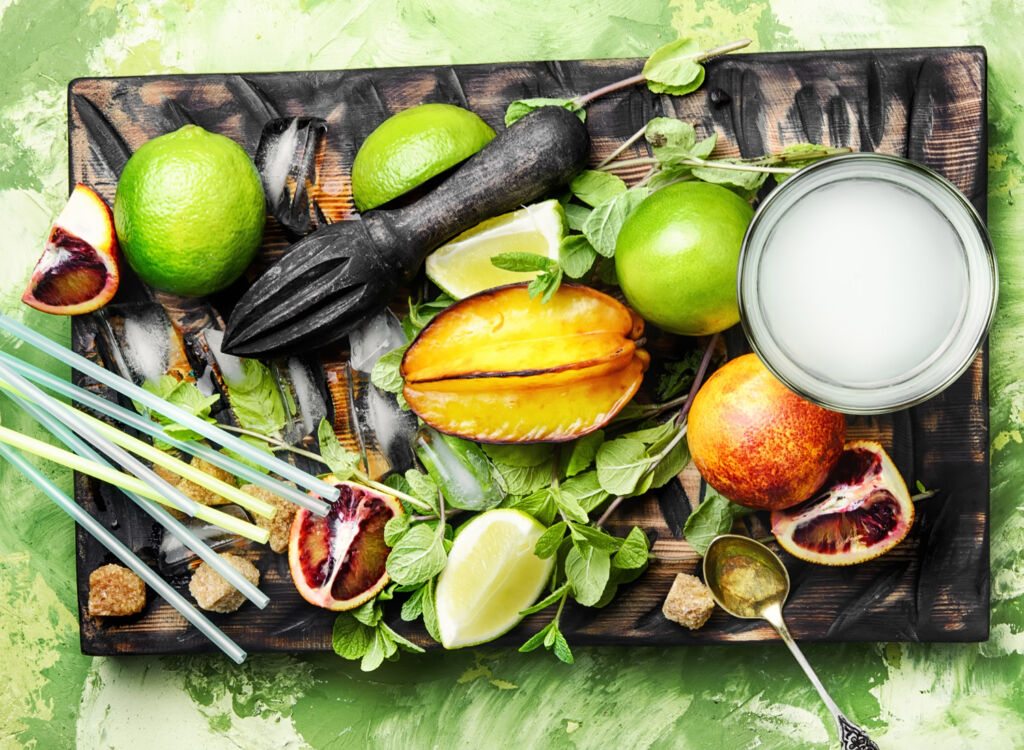
‘Eat this food; it’s good for you!’ You’ve probably read this type of thing many times and done it without considering the impact producing the food has on the environment. In this guide, we’re looking at some of the foods people can’t get enough of and what damage they are doing to the planet on their journey to your mouth.
Some foods are worth dying for, so says the old cliché. But is your favourite exotic snack worth destroying natural habitats and wasting resources shipping it from the other side of the world to your mouth? That’s the question posed by a leading British waste and recycling company as it lists the most damaging foods you can put on your plate.
Food waste company Business Waste says that our desire for cheap seasonal goods year-round is partly to blame for raised carbon dioxide emissions, not to mention the exploitation of farmworkers.
“We didn’t think we’d be lecturing people about being an ethical consumer when we started this company,” said Business Waste founder Mark Hall, “But changing people’s behaviour for a better world is at the very core of what we do.”
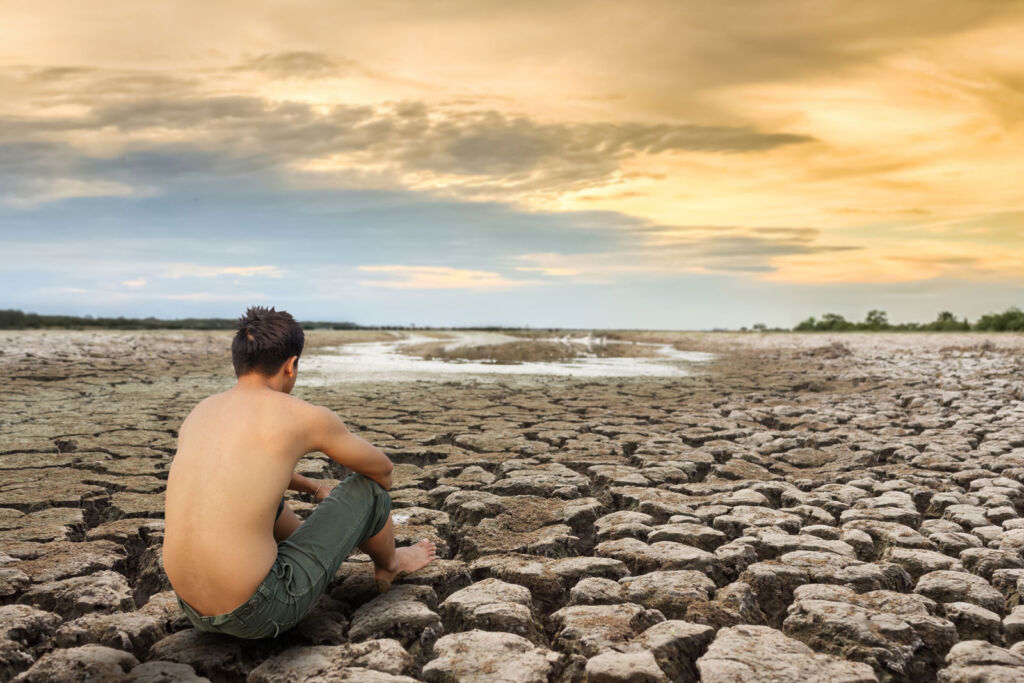
The list of foods that are no friend to the planet:
To compile the list, the waste and recycling company looked at expert research and spoke to leading campaigners about the damage our hunger for year-round convenience food is causing.
Avocados
The food with such a bad reputation that one national newspaper blamed Meghan Markle for it (we might be exaggerating). A single avocado grown and transported to the UK has an environmental footprint equivalent to 423g of CO2, and that’s before the cost to local water tables (nearly 2,000 tonnes of water per ton of fruit) and brutal local politics. It’s a big nope from us.
Sugar
The World Wildlife Fund says sugar production leads to massive marine animal deaths as sludge gets into freshwater bodies. Pesticides in the farming process poisons beneficial insects, plants, and farmers alike. Think about that before your sixth sugar in your tea.
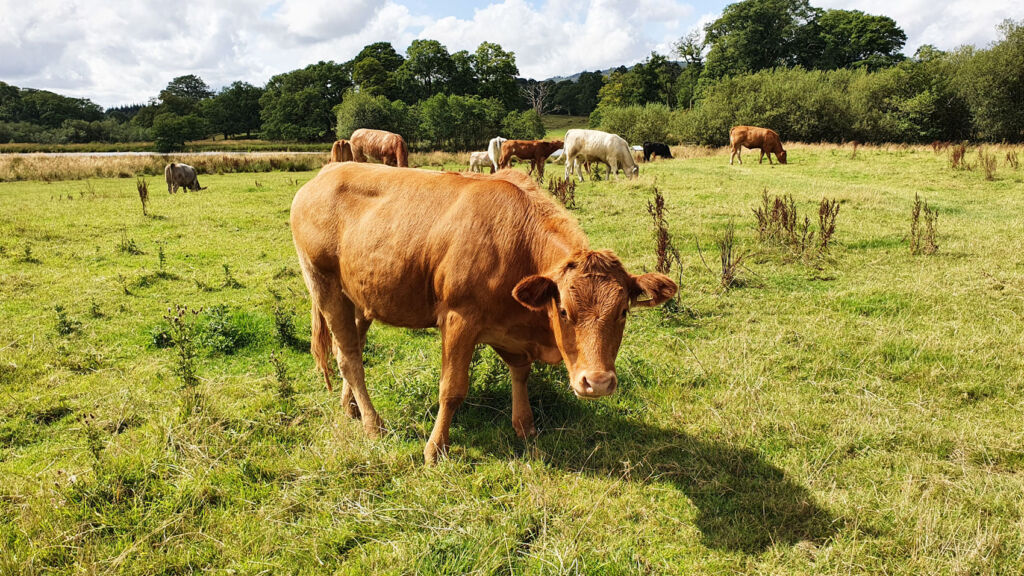
Beef
Sixty kilos of greenhouse gasses per kilo of beef produced. Not just CO2 but also CH4, otherwise known as methane. Cows pass wind a lot, and that’s always been bad news for the environment.
Strawberries
We love strawberries so much; we want them all year round. That means having to fly in tonnes of chilled strawberries from warmer countries out of season. Strawberries should be bought British, and only during Wimbledon fortnight. End of story.
Palm oil
Palm oil is a vital ingredient for many of our favourite foods. And the problem with palm oil is that it is responsible for wiping out rainforests for cash crops, driving up emissions, and we all know where that’s leading. And that’s before we mention the threat to native orangutans, and somebody has to stand up for them. See also: Soya.

Coffee
We can’t function in the morning without our daily dose of caffeine. But you don’t think about clearing land, using pesticides, pollution, deforestation, and extinction of animals due to habitat destruction. But you should, and then have another coffee.
Chocolate
Oh God, No! See coffee above, but only for tasty, tasty chocolate.
Fish
Overfishing is wrecking our seas and their ecosystems. And then there’s the global journey that some products take to the processing plant and back. Absolute madness.
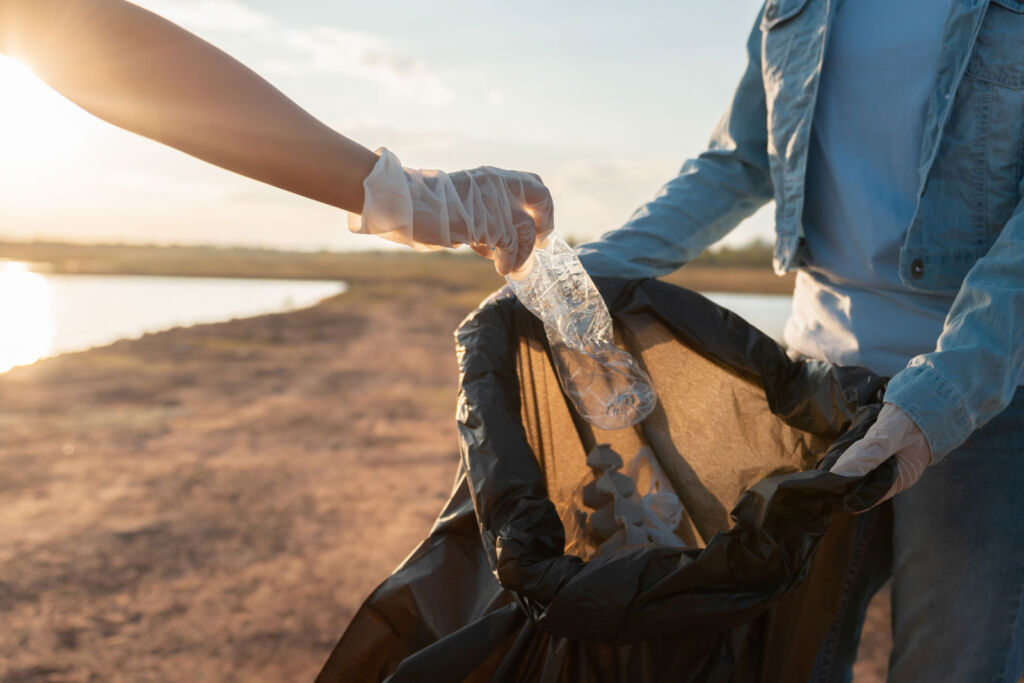
Water
Yes, water is a human right, but does it need to be sold across the world in plastic bottles? Has humanity gone mad?
Bagged or pre-packed salad
Almost certainly grown under lights a long sea journey away from your local supermarket, it’s far better to buy the raw ingredients and do it yourself. According to a leading expert, it’s our most thrown away food item. Well done, everybody.
“Being an ethical consumer isn’t considered to be hippy stuff anymore. We’ve become a nation used to global trade and getting whatever we want when we want. And we’ve reached this stage without thinking seriously about the damage we’re doing in achieving this luxurious lifestyle.” says Business Waste.
But now, we all need to be ethical consumers without the stigma of being thought of as a tie-dyed hippy only buying organic vegan foods.
“Maybe neil [note: the lower case is correct] from The Young Ones was right after all,” quips Hall. “We’ve all got to be more neil and think about what goes into our bodies and the journey it’s taken to reach us.”
That’s the message BusinessWaste.co.uk wants to put across. We’ve all got to change our shopping habits, shopping locally while thinking globally.
Read more food-based articles and guides here.
![]()



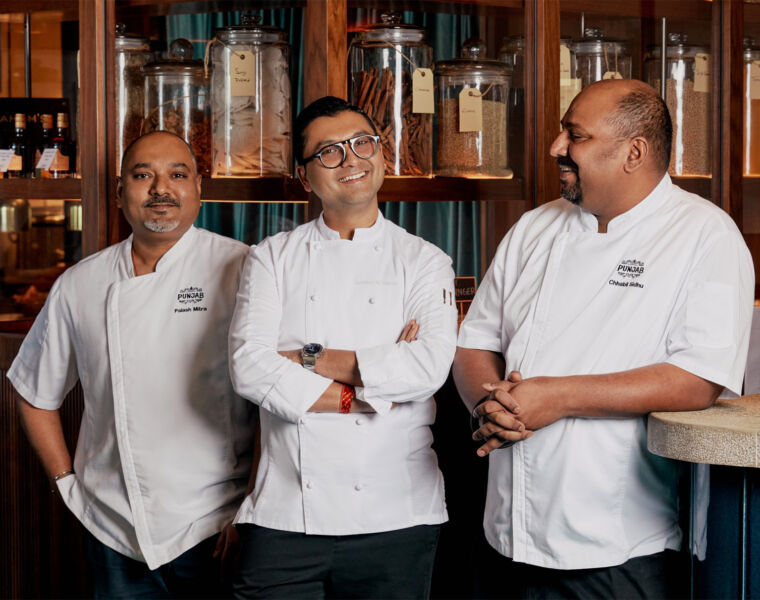
You must be logged in to post a comment.